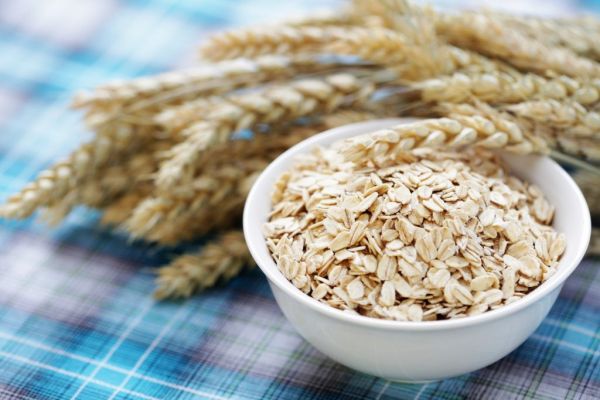World food prices declined in November to their lowest level in more than two years, led by declines in vegetable oils, dairy and cereal, the United Nations food agency said on Thursday.
The Food and Agriculture Organization's (FAO) food price index, which measures monthly changes for a basket of cereals, oilseeds, dairy products, meat and sugar, averaged 160.8 points last month, down from a revised 162.9 in October, and its lowest level since May 2016.
The October figure was previously given as 163.5. In November, only the sugar price index gained, rising 4.4% from October, FAO said.
Food Prices
The UN body's Cereal Price Index averaged almost 164 points in November, down 1.1% from October. Vegetable oil prices fell for a 10th consecutive month, by 7.6% on the month and reaching a 12-year low.
Cereal prices fell partly because new crops weighed on rice export quotations and export competition drove down maize, FAO said.
Palm oil prices fell considerably "fuelled by both persisting large inventories in leading exporting countries and the recent contraction in global mineral oil prices," it said.
Soy and sunflower oil prices weakened due to "abundant supplies across the US, the EU and several emerging markets and positive production prospects in the Black Sea region."
Dairy prices dropped 3.3% from October, for a sixth straight monthly decline, and meat prices slipped slightly.
Forecast
FAO said global cereals output in 2018/19 was seen at 2.595 billion tonnes, down marginally from the previous forecast and 2.4% below last year's record high production.
FAO's forecast for world wheat production in 2018/19 was 725.1 million tonnes, 2.8 million tonnes lower than the previous forecast, "reflecting reduced estimates for this year's harvests in Turkey and the Russian Federation," FAO said.
FAO's forecast for world cereal stocks at the close of seasons in 2019 was 762 million tonnes, unchanged from November.
News by Reuters, edited by ESM. Click subscribe to sign up to ESM: European Supermarket Magazine.











